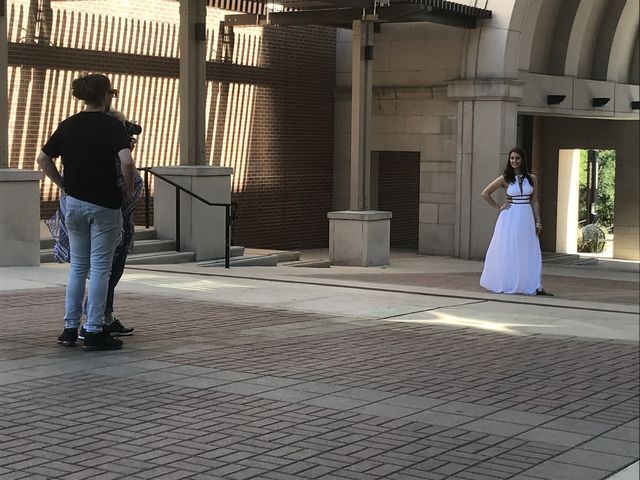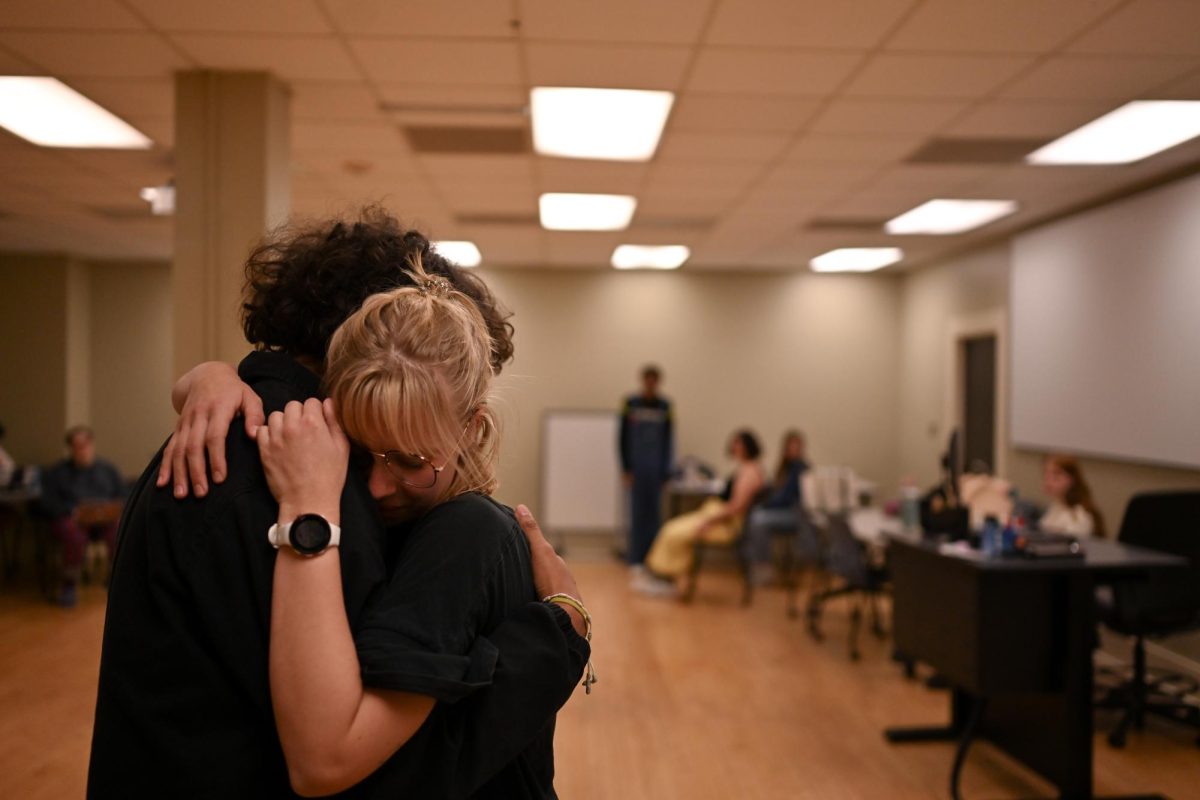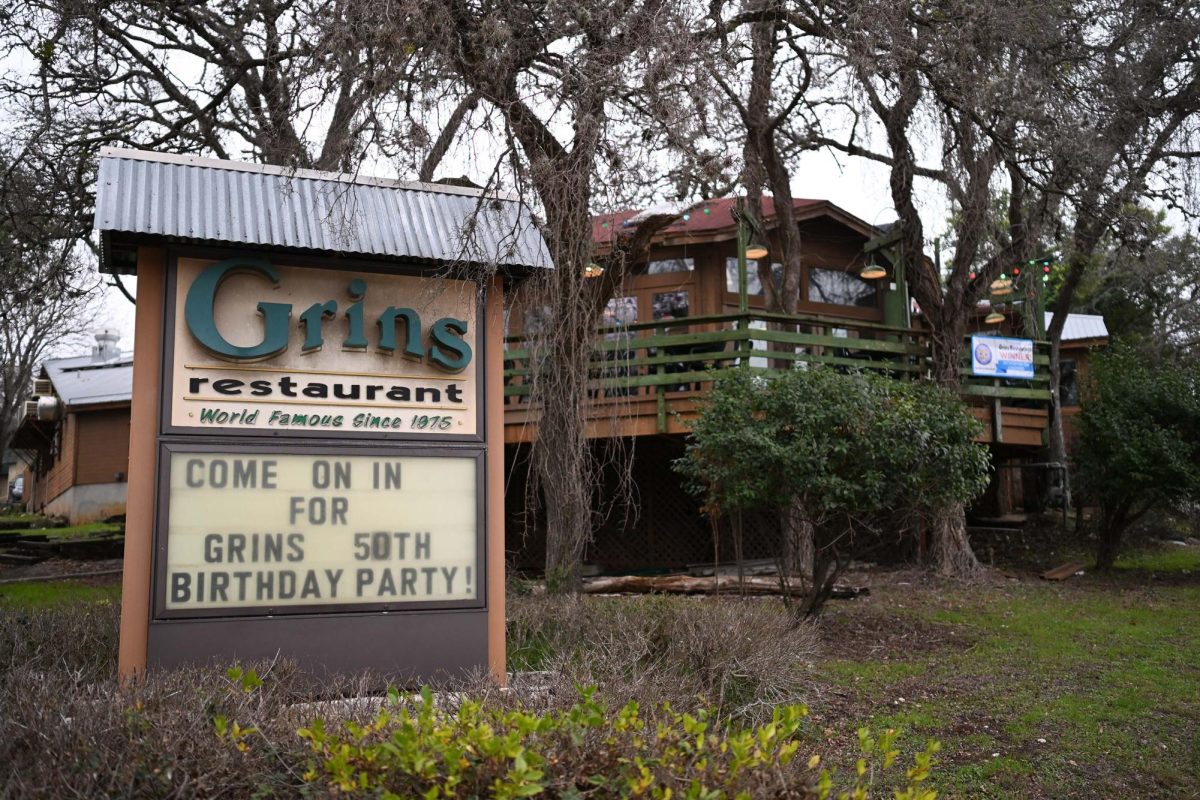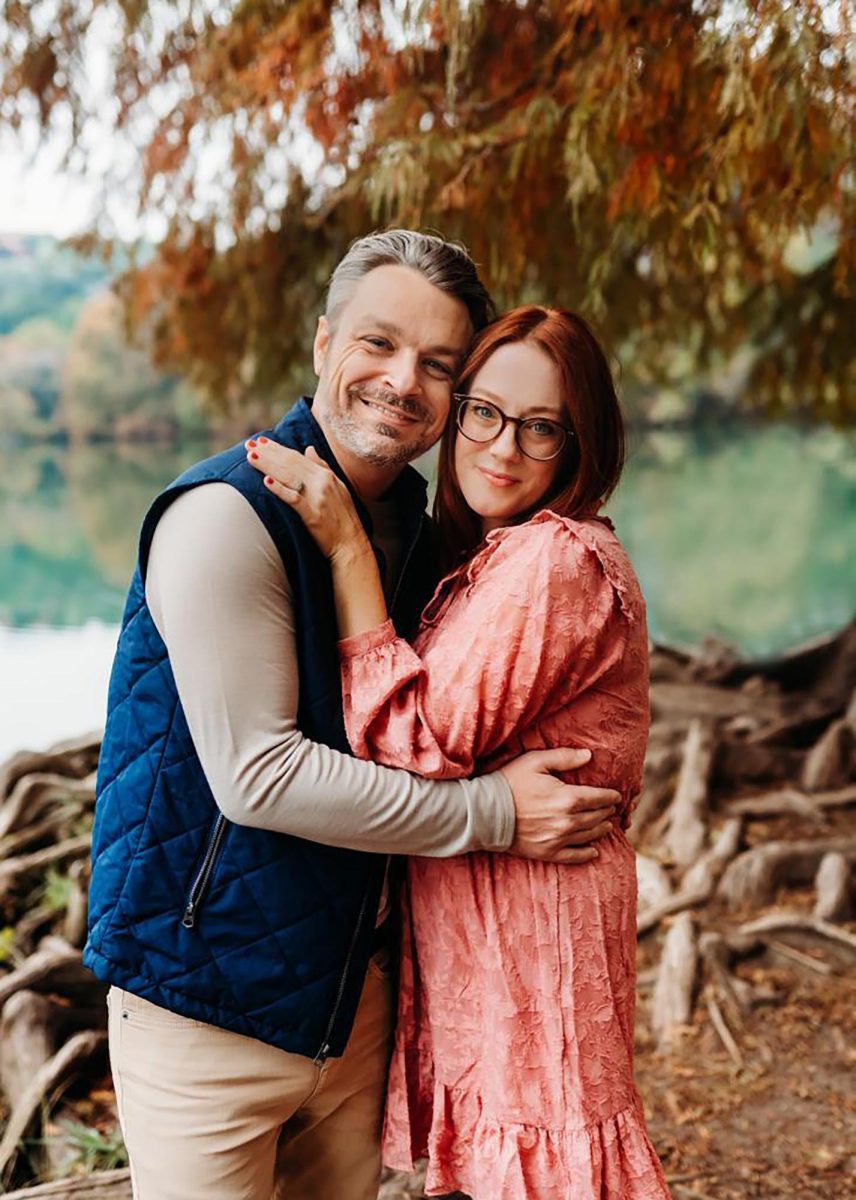After senior photos, finals, crossing the stage and jumping in the river, post-graduation responsibilities become real.
There are those on campus who plan to attend graduate school and others who have already been hired by employers. However, other students lack concrete plans after receiving their diploma.
According to the National Career Matchmaking Firm, 46 percent of students said they do not know what they want to do with their major after graduation.
Those without post-graduation plans have the opportunity to explore their options such as applying to graduate schools, working, pursuing a life-long passion or traveling.
Susan Morrison, English professor, did not know what she was going to do when she completed her undergraduate degree. Though having already applied to a graduate program, Morrison did not go right away because she was unsure if it was what she wanted to do. One day at a party, Morrison was given the opportunity to go to Japan to work as an English teacher and took the offer.
“There is no shame in taking time off to save money and figure out what you really want to do,” Morrison said. “Go with your gut and do what you really love, and if you don’t know what that is, then take some time off, maybe travel.”
Morrison said when she returned from Japan she wrote between her temporary jobs when she had the opportunity. This was when she realized she wanted to go to graduate school to become a writer. Morrison was 26 when she discovered what her career would be. Since then she has written six books and teaches her biggest passion– literature.
Some students jump into graduate school right after graduation, but Morrison said you should only do that if you are really sure of your career path. She said everyone takes their own amount of time and their own path to get to their place of success.
Rick Henderson, political science senior lecturer, encourages students to plan out what they will do in the time between graduation and obtaining a career. Henderson said it is easy to get comfortable.
“(Students) get wrapped in the daily grind of ‘I’m not in college anymore, I’m making money’ and they start to lose sight of what they got their degree for and what they were really interested in,” Henderson said.
Even with his retirement approaching, Henderson is already thinking about what his next step is. He is looking forward to getting involved in city politics.
Life after graduation may seem scary at times, but graduates can succeed if they maintain confidence in themselves.
Taylor Melian, biology senior, said she is ready to start the next chapter of her life despite not having a set plan for after graduation.
“I wasn’t really sure (I fit) my degree, but now it feels like this is exactly what I am supposed to be pursuing,” Melian said. “I have so much knowledge and it is such an accomplishment to be getting my degree.”
Melian said a mentor can help boost confidence when it comes to discovering what someone is capable of and helping them see all they can accomplish.
About 57 percent of the students who spoke with a mentor about potential careers felt more confident about finding a job after graduation.
Mentors of any age and field can be of help to students who are unsure of their future. They can assist students in solidifying a short-term plan to get them on their feet.
Nycole Chamber, general studies senior, was unsure of what she wanted to do for the rest of her life, but her current employer has helped her see a life after graduation. Chamber feels relaxed graduating and believes she will figure things out as she goes.
“My boss is going to help me get a job in medical sales,” Chamber said. “She works very hard, is a single mom and is really successful. She really motivates me.”
Students may think they have to hurry to figure out what the rest of their lives will hold, but the truth is many students do not know. Success has risen out of that uncertainty. With time and experience, the future will become clear.
Categories:
Facing uncertainty after graduation
April 29, 2018
Taylor Melian, biology senior, takes her graduation photos.
Photo by
Sonia Garcia | Lifestyle Reporter
0
Donate to The University Star
Your donation will support the student journalists of Texas State University. Your contribution will allow us to purchase equipment and cover our annual website hosting costs.
More to Discover








